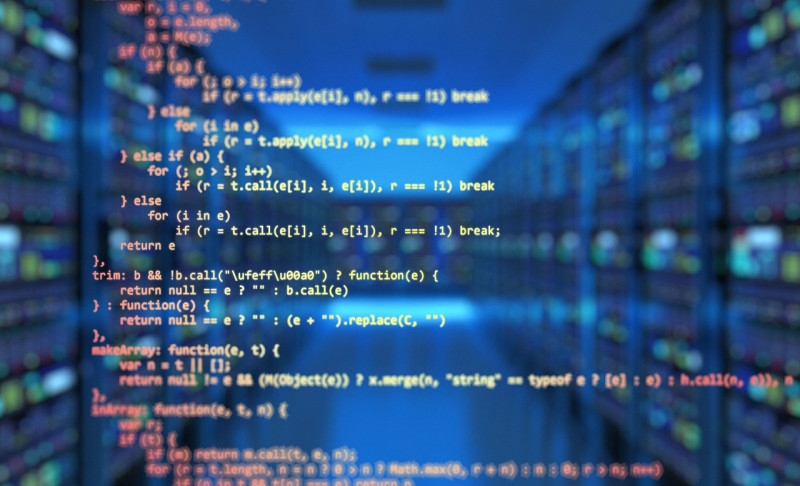
Data Science: Statistical Programming with R
In this course, you will explore the potential of R through an introduction to data manipulation, visualization, statistical modeling, and functional programming.

In this course, you will explore the potential of R through an introduction to data manipulation, visualization, statistical modeling, and functional programming.
Students learn to operate R, to perform data manipulation and visualisation, work with the (generalized) linear models, conduct simulation studies (e.g. bootstrap) and present results of data analyses in publication ready tables and figures. We will work with the RStudio environment and R Markdown. The focus will be on the tidyverse package.
R is a very popular and powerful platform for data manipulation, visualization, and analysis and has a number of advantages over other statistical software packages. A wide community of users contribute to R, resulting in broad coverage of statistical procedures, including many that are not available in any other statistical programme.
In this course we will cover the following topics:
No previous experience with R is required. For participants who already have some experience with R, we offer more challenging exercises.
Participants should bring their own laptop with both R and RStudio installed. The installation instructions will be provided to participants well in advance of the course start date.
Data Science specialisation
This course can be taken separately, but is also part of a series of seven courses in the Summer School Data Science specialisation taught by UU’s department of Methodology & Statistics:
Upon completing, within five years, three out of seven courses in the Summer School Data Science specialisation), participants can obtain a certificate. Please click here for more information about
the full specialization.
Applied researchers and (master) students who already use statistical software and would like to learn to use, or improve their usage of, the R environment. Understanding basic statistical theory such as t-tests, hypothesis testing, and regression is required. Participants from a variety of fields—including sociology, psychology, education, human development, marketing, business, biology, medicine, political science, and communication sciences—will benefit from this course.
If you are unsure whether this course is the right fit for you, feel free to reach out to us with your questions at ms.summerschool@uu.nl.
For an overview of all our summer school courses offered by the Department of Methodology & Statistics please click here.
We also offer tailor-made M&S courses and in-house M&S training. If you want to look at the possibilities, please contact Dr. Laurence Frank at pe.dsai@uu.nl.
The course teaches students the skills needed to understand how R works and how to use R for a variety of statistical analyses. The following skills and learning goals are covered in this course:
Five full days. A typical course day starts at 9.00 and ends at 16.30 with breaks for coffee & tea, lunch, and sodas.
You will receive a certificate upon course completion. Please be aware that this course does not include graded activities, and therefore we cannot provide a transcript of grades.
This course has the following fee options, depending on your status:
Please make sure to include which price is applicable when registering for this course. This information can be added in the “Comment” field during the registration process.
For PhD students from the FSBS at Utrecht University:
As a PhD student from the Faculty of Social and Behavioural Sciences (FSBS) at Utrecht University, you can attend up to three Winter or Summer School courses funded by the Graduate School of Social and Behavioural Sciences. Of course, you may choose to take as many other courses as you wish at your own expense, using your personal budget.
When registering, please indicate in the “Comment” field that you are a PhD candidate from the FSBS at UU, so that the course fee can be waived.
Staff FSB at Utrecht University:
The tuition fee for staff off the Faculty of Social and Behavioural Sciences from Utrecht University will be funded by FSBS.
When registering, please indicate in the “Comment” field that you are staff from the FSBS at UU, so that the course fee can be waived.
There are no scholarships available for this course.
The housing costs do not include a Utrecht Summer School sleeping bag. This is a separate product on the invoice. If you wish to bring your own bedding, please deselect or remove the sleeping bag from your order.
Please include a short description about: your (scientific) background and, if applicable, your experience with programming.